Government contract opportunities are the lists of available federal, state, or local agencies’ contracts to meet their procurement needs. These are listings of goods, services, or projects and are under legal regulations requiring posting publicly. The agencies post contract details through portals such as SAM.gov or state-specific portals. All the listings have scope, timeline, and submission procedures. Vendors check these sites to locate the contracts, compare eligibility, and apply. Public advertising helps to provide equitable access and enables businesses to make counteroffers. Constant use of such platforms allows a business to be linked with reliable flows of contracts across different sectors.
Where to Search for Government Contract Opportunities?
Here’s where businesses find and track active bids on official platforms at both the federal and state or local levels:
Federal Contract Opportunities
Here are four federal contract opportunities:
- SAM.gov (System for Award Management)
- GSA eBuy & GSA Advantage
- FedConnect
- Grants.gov (for Grants, not Contracts)
SAM.gov (System for Award Management)
SAM.gov is a federal contracting portal. Every federal agency submits active solicitations, contracting notices, and award information here. The vendors also have their businesses registered so that they can qualify to have contracts. It has filters on location, agency, contract size, and the NAICS code.
GSA eBuy & GSA Advantage
GSA eBuy is a computerised request-for-quote procedure through the GSA Schedules program. It links federal purchasers to pre-approved suppliers of services and goods. GSA Advantage is an online government shopping site. A GSA Schedule contract is required by businesses to list or sell here.
FedConnect
FedConnect is the safe site to process proposal submissions, receive any updates, and communicate directly with federal agencies. Major departments like the Department of Energy, the Department of Homeland Security, and the Environmental Protection Agency use it. The users need to create an account and connect to their SAM profile.
Grants.gov (for Grants, not Contracts)
Grants.gov is a portal to search and apply for federal grants. You can find agency listings for the National Institutes of Health (NIH), National Science Foundation (NSF), and United States Department of Agriculture (USDA). The portal benefits nonprofits, research groups, and small businesses that are involved in community, health, or science programs. Grants provide funds to work that benefits the public, unlike contracts.
State and Local Contract Opportunities
Here are three main sources for state and local contract opportunities:
- State Procurement Portals
- County and City Procurement Websites
- State-Specific Certification Programs
State Procurement Portals
The procurement portals in the states coordinate the buying process among agencies, schools, and infrastructure initiatives. The Cal eProcure (California), TxSmartBuy (Texas), and PA eMarketplace (Pennsylvania) are examples of platforms where a vendor can register, browse through bids, and submit its proposals online. These portals facilitate equal access and usually incorporate supplier training, deadlines, and bid alerts.
County and City Procurement Websites
The websites of local governments offer easy access to contracts in construction, waste management, community development, and public safety. Each city or county has its own portal, such as NYC Procurement or Miami-Dade Procurement, where vendors find smaller but regular opportunities suited for new and growing businesses.
State-Specific Certification Programs
Certification through programs such as Minority Business Enterprise (MBE), Women Business Enterprise (WBE), and Small Business Enterprise (SBE) provides more access to contracts with certified vendors. Certifications allow businesses to participate in set-aside contracts, receive faster reviews, and be listed as vendors.
How to Stay Updated on New Contract Opportunities?
Here are the three most effective ways to stay updated on new government contract opportunities:
- Use Government Contracting Alert Systems
- Sign Up for Procurement Newsletters
- Attend Government Contracting Events
Use Government Contracting Alert Systems
Create alerts in such portals as SAM.gov, FedConnect, and state procurement sites. These websites provide you with notifications based on keywords, daily summaries, and opportunities by agency or region. The ability to see new contracts early and move fast on matching bids is only guaranteed through a subscription.
Sign Up for Procurement Newsletters
Newsletters containing announcements of bids, changes in regulations, and funding news are posted on federal, state, and local websites. Vendors monitor future opportunities, deadlines, and procurement patterns by subscribing to GSA (General Services Administration) Interact or the SBA updates, and not having to search daily.
Attend Government Contracting Events
Webinars, expos, and workshops are arranged in government agencies and small business programs. These events engage the vendors with agency buyers, train them on the bidding process, and also announce the upcoming solicitations. Events include Q&A sessions and registration support to make you more willing to bid.
How to Navigate Government Contract Opportunities
The following are the three steps to navigate government contract opportunities:
- Understand Solicitation Types
- Read the Solicitation Carefully
- Keep Track of Deadlines and Submission Requirements
Understand Solicitation Types
Agencies list various solicitations such as RFPs (Requests for Proposals), IFBs (Invitations for Bids), and RFQs (Requests for Quotations). There are different expectations associated with each type in terms of pricing, scope, or format. It is important to know the type before responding.
Read the Solicitation Carefully
Read everything in the posting carefully. Pay attention to the format of submissions, eligibility, evaluation criteria, and the list of required documents. A clear understanding avoids mistakes and time wastage.
Keep Track of Deadlines and Submission Requirements
Remember the submission deadlines, methods, and required formats. Any late or inaccurate submission is rejected. Keep track of or set reminders to ensure you stay on schedule.

George C. Tagg, Jr.
George serves as a trusted counsel to business leaders, non-profit executives, and management teams. George is a licensed attorney with a master’s in international affairs and over 20 years’ experience in the U.S. Congress, Department of State, Department of Defense, global public policy, and political campaigns.


